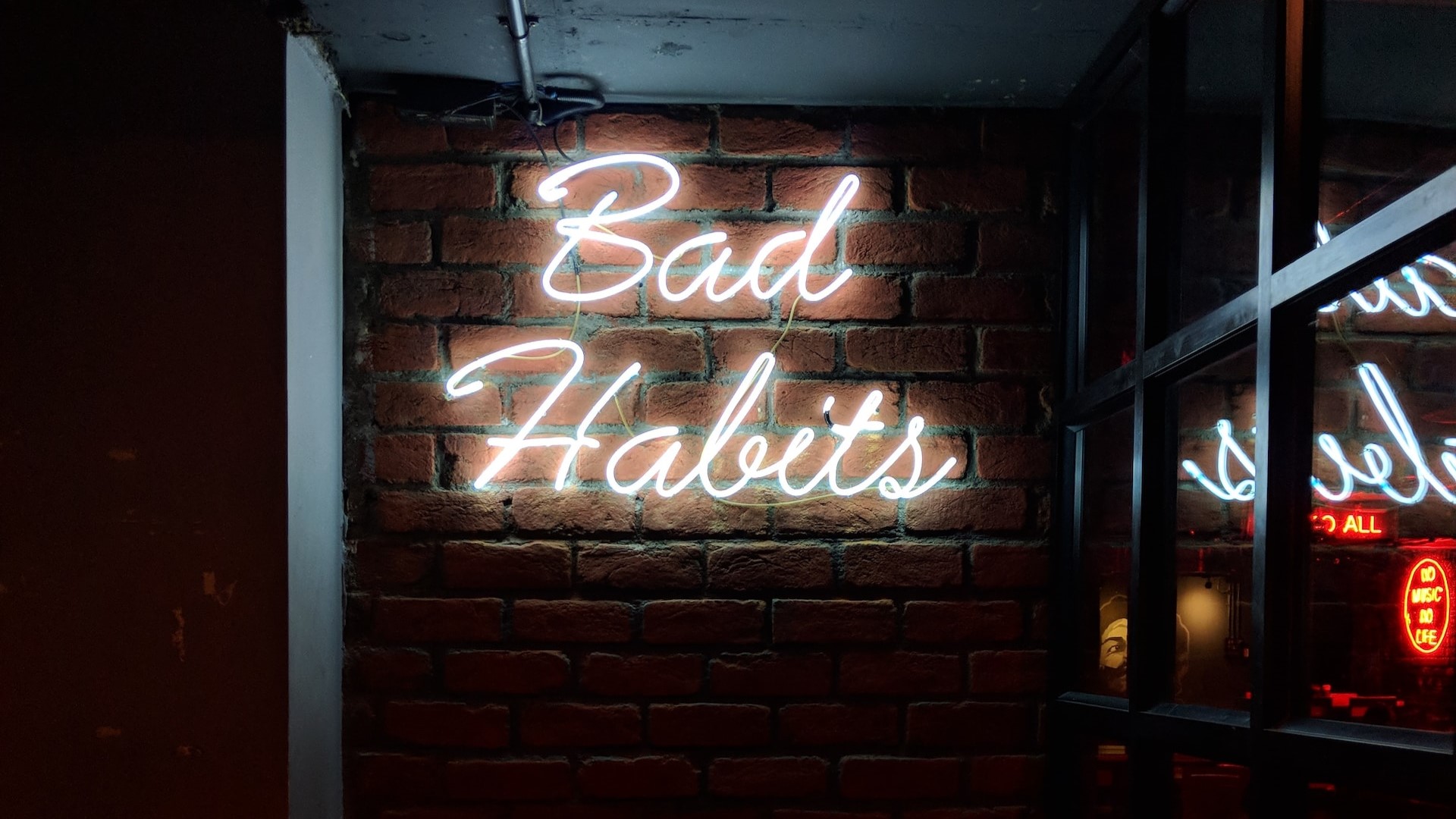Today, we're tackling a crucial topic: understanding and changing your bad habits. Our inspiration comes from "Atomic Habits" by James Clear, a book that greatly influenced my view on habit formation. We'll discuss practical methods to identify why we stick to negative habits and how to effectively replace them with better ones. Join us as we explore strategies for making lasting changes in our daily lives.
Understanding the Deep Motives Behind Our Habits and Cravings
Every action we take is driven by a basic desire and a deeper need. For example, we eat not only because food tastes good, but also because it's necessary for survival. Our cravings often reflect deeper needs like feeling safe, accepted, or important.
Our habits, like using social media or playing video games, fulfill these deeper needs. These habits are modern ways to satisfy age-old human needs, but they're not always the best methods. We stick to habits we've learned, even if better options exist.
Habits form through associations our brain makes with things around us. For instance, we learn not to touch a hot stove because we associate it with getting burned.
Our habits are based on our experiences and what we've learned over time. We use past experiences to predict how to react in situations. Our actions depend on these predictions, and different people may react differently to the same thing based on their past experiences.
Feelings, like being cold or hot, influence our actions. When we feel something is missing, we crave a change. For example, feeling cold makes us wear more clothes. Desire is the wish to feel differently from how we currently feel, driving actions like eating too much or using social media.
Our feelings help us decide what to do, as they tell us what to pursue or avoid. Emotions help us label things as good or bad.
In summary, our cravings and habits are ways to meet deep needs. When a habit satisfies a need, we repeat it. Understanding this can help us choose better habits that make us feel good.
How to Rewire Your Mind to Find Pleasure in Challenging Habits
To make challenging habits more appealing, try associating them with positive experiences and shift your mindset.
Change Your Language: Replace "have to" with "get to" in your daily tasks. This simple switch can transform tasks from burdens to opportunities.
Focus on Positive Aspects: Highlight the benefits of your habits instead of their drawbacks. This helps in reprogramming your mind to see the habit as more attractive.
Associate Habits with Enjoyable Activities: Link your habits with something you enjoy. This association can become a cue for motivation. For example, play a certain song to get into a specific mood.
Mindset Shifts for Different Situations:
- Exercise: See it as skill-building and strengthening rather than a chore.
- Finance: View saving money as increasing future freedom, not as sacrifice.
- Meditation: Treat distractions as opportunities for practice.
- Performance Anxiety: Reframe nervousness as excitement and readiness.
Create Motivation Rituals: Develop routines that prepare you mentally and emotionally for a habit. These can range from stretching before a sport to a simple breathing and smiling routine before doing something you love.
Use Cues for Emotional State Changes: Establish a routine that signifies a positive emotional state, like happiness. Use this routine whenever you need to shift your mood.
Reframe Your Perception of Habits: View each habit as an opportunity, not a chore. This reframing can make the habit more appealing.
By applying these strategies, you can transform difficult habits into attractive ones by reshaping how you view and interact with them.
Thank you for joining me on this journey to understand and amend our bad habits. Your willingness to explore and address these challenges is the first step towards lasting change. I'm eager to hear about your progress and insights, so please feel free to share your experiences in the comments or reach out directly. Until next time, embrace each day as a new opportunity for growth and self-improvement. Farewell for now, and good luck on your continuous journey towards a better and more fulfilling life!"
